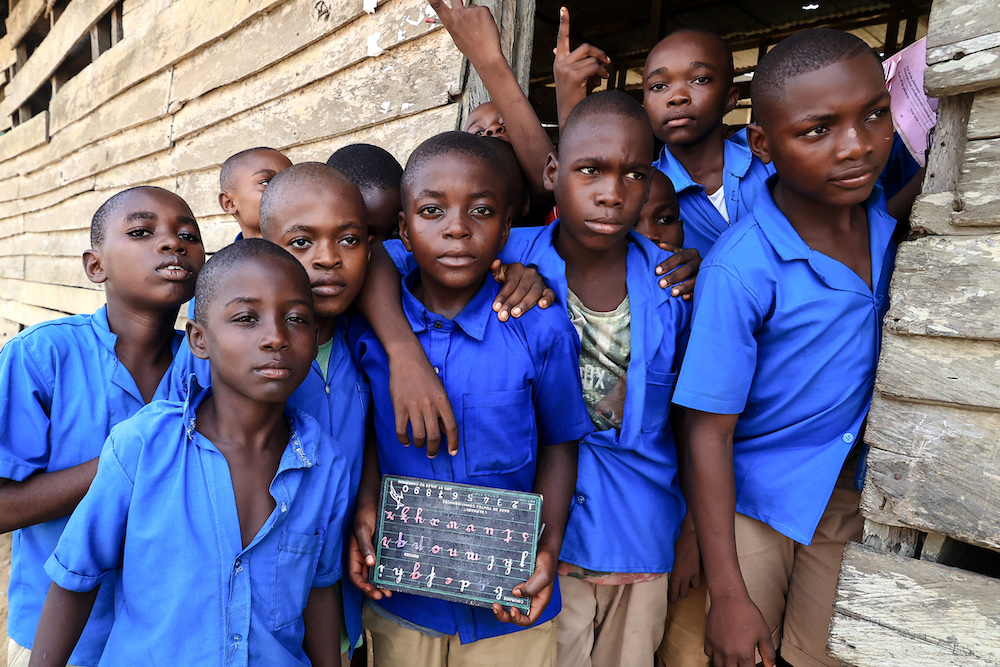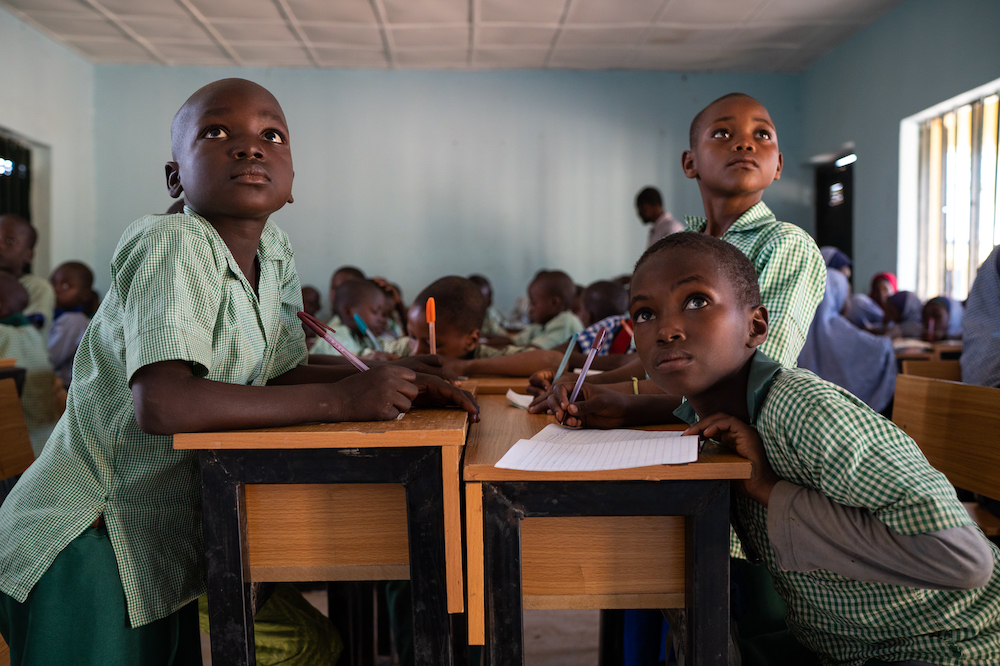
South Sudan faces child soldier ‘nightmare’warns UNICEF
Child soldiers
Gatluak, 15, was recently released from an armed group in Unity State. He is now at a UNICEF-supported school and said: “I am very eager to learn” Picture: UNICEF/Rich
A spike in the forced recruitment of child soldiers in South Sudan could be imminent, the United Nations’ children’s agency UNICEF has said, amid fears that the world’s youngest nation is on the brink of renewed civil war.
Despite an August 2015 peace deal, fierce fighting broke out in the capital Juba last month, killing hundreds of people.
“At this precarious stage in South Sudan’s short history, UNICEF fears that a further spike in child recruitment could be imminent,” deputy executive director Justin Forsyth said in a statement after visiting South Sudan.
“The dream we all shared for the children of this young country has become a nightmare.”
Some 16,000 children have been recruited into armed groups since December 2013, UNICEF says, when civil war erupted between troops loyal to President Salva Kiir and those backing former vice president Riek Machar.
More than one in five of South Sudan’s 11 million people has fled their homes as a result of the ethnically charged war.
Luny, 14 (in yellow shirt) is at school for the first time ever after being freed from armed group. He said: “I am nervous but looking forward to it.” Picture: UNICEF/Rich
Forces attacking villages often grab children and force them, at gunpoint, to fight, rights groups say. Others join to save themselves from being beaten or killed and to protect their communities.
Half of children in South Sudan do not go to school – the highest proportion in the world, UNICEF said.
Renewed fighting risks reversing gains made in 2015, when UNICEF oversaw the release of 1775 former child soldiers, one of the largest demobilisations of children. Most were freed by the South Sudan Democratic Army (SSDA) Cobra Faction after its leader David Yau Yau signed a 2014 peace deal with the government.
An additional 650 children joined military forces in 2016, UNICEF said, amid numerous ceasefire violations.
Machar, who resumed his role as vice president under the 2015 peace deal, withdrew from Juba with his soldiers last month and left South Sudan last week to escape government forces, his party said.
UNICEF called for greater protection for women and children who have endured “horrific ordeals” in the recent fighting. The United Nations said government soldiers and security forces executed civilians and gang-raped women and girls during and after last month’s fighting. South Sudan rejected the accusations.
“The systematic use of rape, sexual exploitation and abduction as a weapon of war in South Sudan must cease, together with the impunity for all perpetrators,” Forsyth said.
The Thomson Reuters Foundation, the charitable arm of Thomson Reuters, covers humanitarian news, women’s rights, corruption and climate change.
More news

